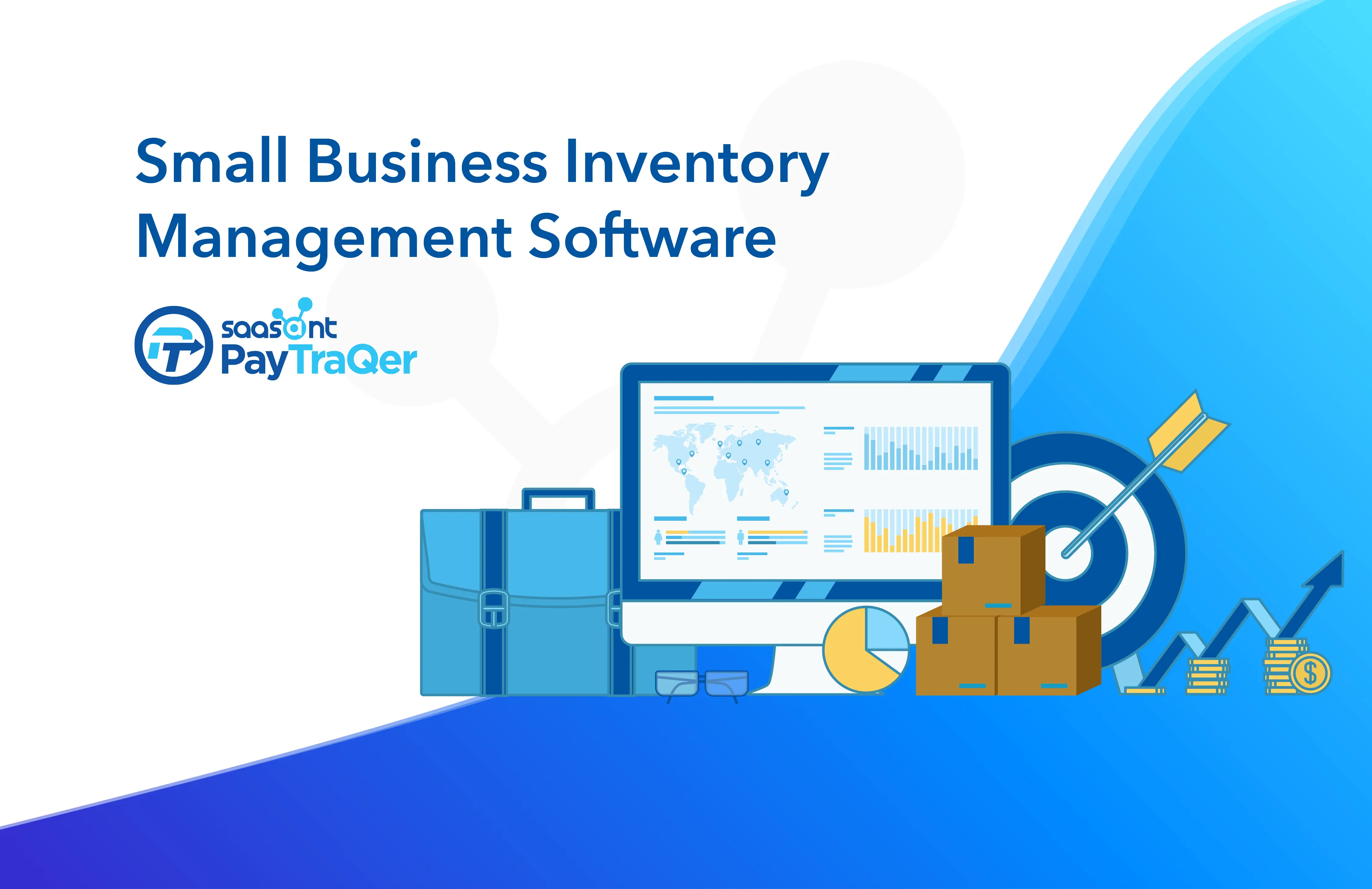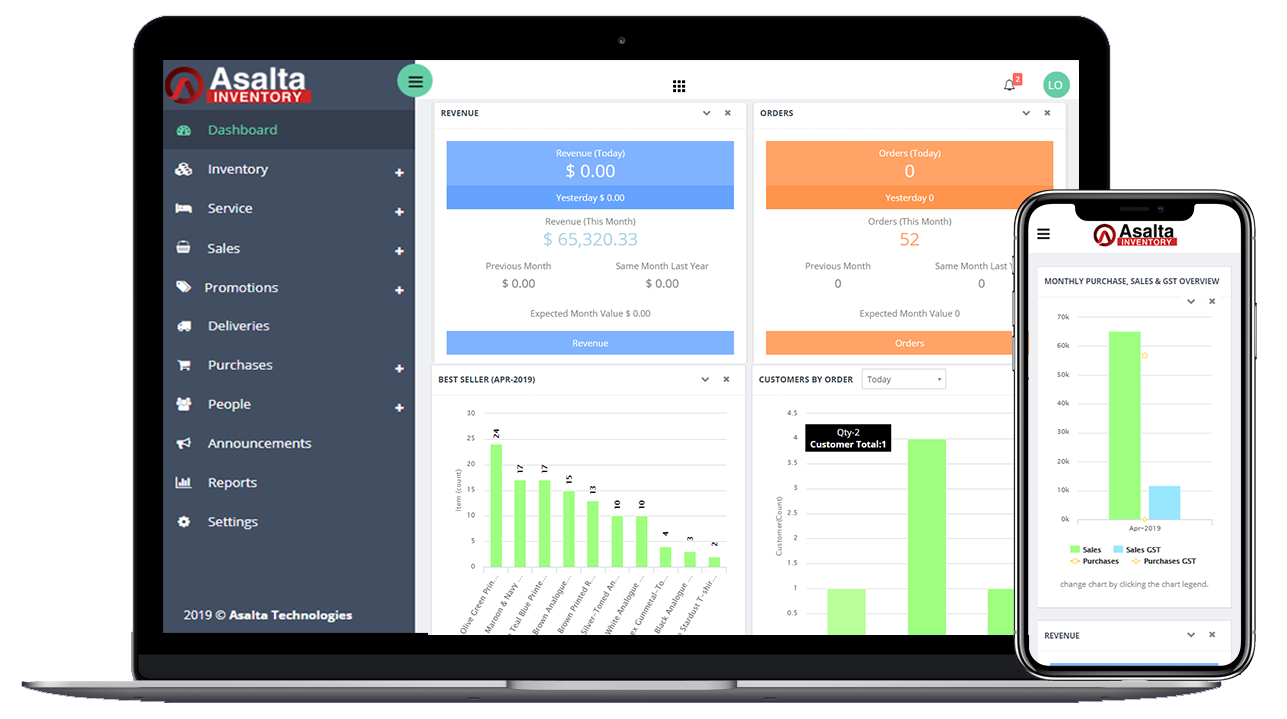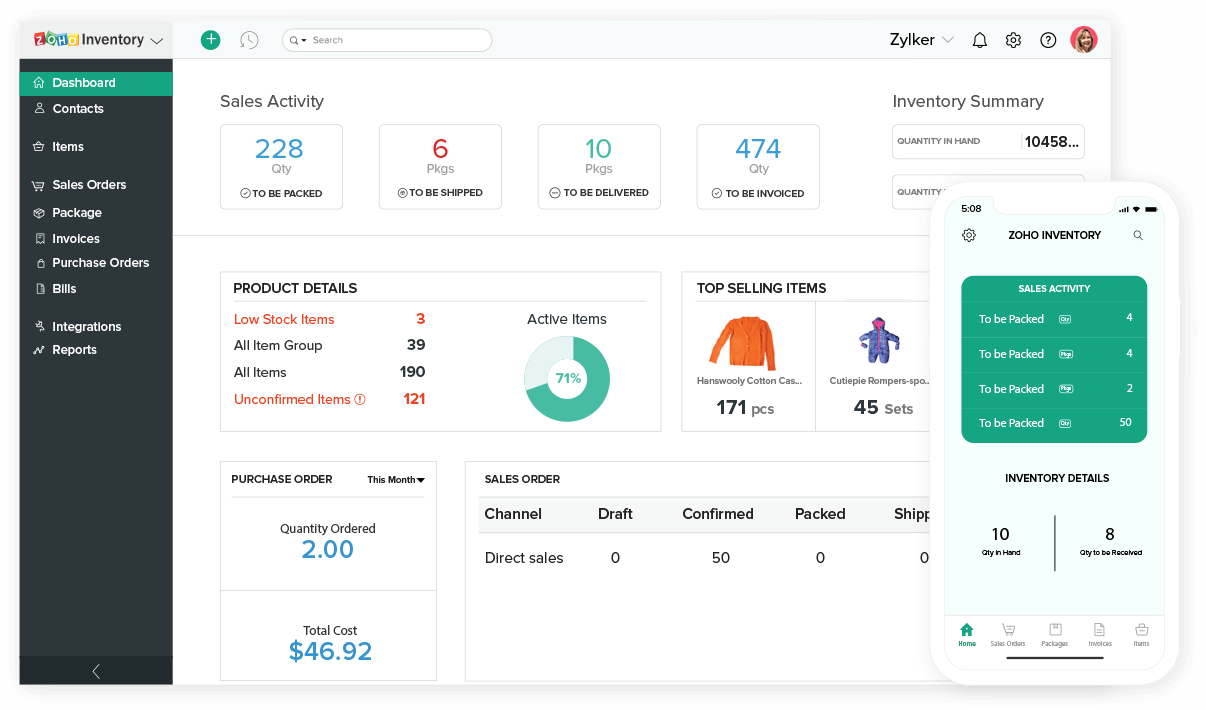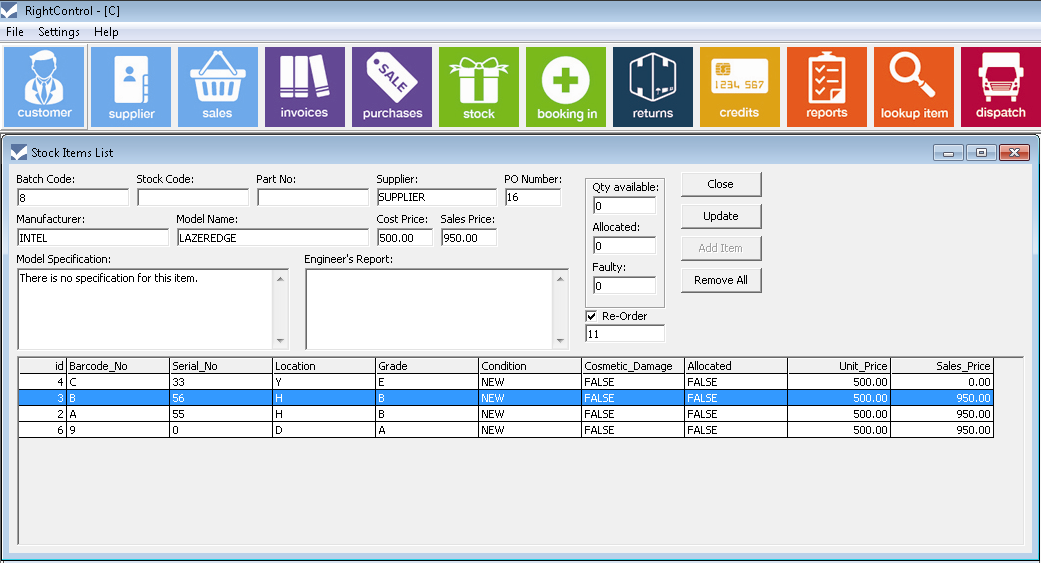Business inventory and sales software has emerged as a game-changer for businesses seeking to streamline their operations, enhance sales performance, and unlock significant growth potential. By leveraging the power of technology, these solutions empower businesses with real-time visibility into their inventory levels, sales performance, and customer relationships, enabling them to make informed decisions and optimize their operations.
From improved inventory management and enhanced sales tracking to increased efficiency, reduced costs, and exceptional customer service, the benefits of implementing business inventory and sales software are undeniable. In this comprehensive guide, we will delve into the key features, advantages, and considerations for choosing the right software for your specific business needs.
Overview of Business Inventory and Sales Software

Business inventory and sales software is a powerful tool designed to help businesses manage their inventory and sales processes efficiently and effectively. It offers a comprehensive range of features that automate tasks, provide real-time data, and improve overall operational efficiency.
Key features of business inventory and sales software include:
- Inventory management: Tracking stock levels, setting reorder points, and managing multiple warehouses or locations.
- Sales order processing: Automating order entry, invoicing, and shipping processes.
- Customer relationship management (CRM): Storing and managing customer data, tracking interactions, and providing personalized experiences.
- Reporting and analytics: Generating reports on sales, inventory levels, and customer behavior to identify trends and make informed decisions.
- Integration with other systems: Connecting with accounting software, e-commerce platforms, and shipping carriers for seamless data flow.
Some popular business inventory and sales software solutions include:
- NetSuite
- SAP Business One
- Microsoft Dynamics 365 Business Central
- Sage Intacct
- QuickBooks Enterprise
Benefits of Using Business Inventory and Sales Software

In today’s competitive business environment, businesses of all sizes need to take advantage of every opportunity to improve their operations and increase their profitability. Business inventory and sales software can provide a number of benefits that can help businesses achieve these goals.
Improved Inventory Management
One of the most important benefits of using business inventory and sales software is that it can help businesses improve their inventory management. This software can help businesses track their inventory levels in real-time, so they can always know what they have on hand.
This information can help businesses avoid stockouts, which can lead to lost sales and unhappy customers. In addition, inventory and sales software can help businesses optimize their inventory levels, so they can reduce their carrying costs and free up cash flow.
Enhanced Sales Tracking
Business inventory and sales software can also help businesses enhance their sales tracking. This software can track sales by product, customer, and sales rep, so businesses can easily see what’s selling well and what’s not. This information can help businesses make better decisions about their product mix and marketing strategies.
In addition, sales tracking software can help businesses identify trends and patterns in their sales data, so they can better forecast demand and plan for the future.
Increased Efficiency and Productivity
Business inventory and sales software can also help businesses increase their efficiency and productivity. This software can automate many of the tasks that are associated with inventory and sales management, such as order processing, invoicing, and shipping. This can free up employees to focus on more value-added activities, such as customer service and sales.
Reduced Costs
Business inventory and sales software can also help businesses reduce their costs. This software can help businesses reduce their inventory carrying costs, their labor costs, and their shipping costs. In addition, inventory and sales software can help businesses improve their cash flow, which can reduce their borrowing costs.
Improved Customer Service
Finally, business inventory and sales software can help businesses improve their customer service. This software can provide businesses with a centralized view of their customer data, so they can easily track customer orders, preferences, and history. This information can help businesses provide better service to their customers, which can lead to increased customer loyalty and repeat business.
Key Features of Business Inventory and Sales Software

Business inventory and sales software offer a comprehensive suite of features designed to streamline and enhance various aspects of business operations. These features include:
Inventory management capabilities enable businesses to effectively track and manage their inventory levels, ensuring optimal stock levels and minimizing the risk of stockouts or overstocking.
Sales Tracking, Business inventory and sales software
Sales tracking features provide businesses with the ability to monitor and analyze sales performance, including tracking individual sales representatives, product sales, and customer purchasing patterns. This data can be used to identify areas for improvement and optimize sales strategies.
Customer Relationship Management (CRM)
Integrated CRM functionality allows businesses to manage customer interactions, track customer preferences, and build stronger relationships. This feature enables businesses to provide personalized experiences and improve customer satisfaction.
Reporting and Analytics
Robust reporting and analytics capabilities provide businesses with valuable insights into their inventory and sales performance. These reports can help businesses identify trends, make informed decisions, and improve overall operational efficiency.
Integrations with Other Business Systems
Seamless integrations with other business systems, such as accounting software or e-commerce platforms, allow businesses to streamline their operations and improve data accuracy.
Case Studies and Examples of Successful Implementations

Various businesses have successfully integrated business inventory and sales software, leading to significant improvements in their operations. Here are a few notable case studies and examples:
Small Business Case Study
A small retail store experienced challenges with manual inventory tracking and sales management. After implementing a business inventory and sales software, they streamlined their processes, reduced errors, and improved customer service. The software provided real-time inventory visibility, automated sales transactions, and enhanced reporting capabilities.
The store reported a 15% increase in sales and a 20% reduction in inventory shrinkage within six months of implementation.
Enterprise Case Study
A large manufacturing company struggled with managing inventory across multiple warehouses and coordinating sales orders. By implementing a comprehensive business inventory and sales software solution, they gained centralized control over inventory levels, optimized order fulfillment, and improved communication between departments.
The software enabled the company to reduce lead times by 25%, increase inventory turnover by 10%, and enhance customer satisfaction through faster and more accurate order processing.
Challenges and Solutions
During implementation, businesses may encounter challenges such as data migration, user adoption, and process adjustments. However, these challenges can be overcome through proper planning, training, and ongoing support. Successful implementations involve a collaborative approach between the software vendor and the business, ensuring that the solution aligns with specific requirements and is tailored to the organization’s unique needs.
Return on Investment
The return on investment (ROI) achieved by using business inventory and sales software can be substantial. Businesses typically experience increased sales, reduced costs, improved efficiency, and enhanced customer satisfaction. The software’s ability to automate tasks, provide real-time data, and streamline processes leads to significant operational improvements that translate into tangible financial benefits.
Final Conclusion

In conclusion, business inventory and sales software has become an indispensable tool for businesses of all sizes, empowering them to gain a competitive edge and achieve operational excellence. By embracing the latest trends and innovations, such as artificial intelligence, cloud-based solutions, and mobile applications, businesses can unlock even greater value from these powerful solutions.
By leveraging the insights provided in this guide, you can make informed decisions and harness the full potential of business inventory and sales software to transform your operations and drive business growth.
